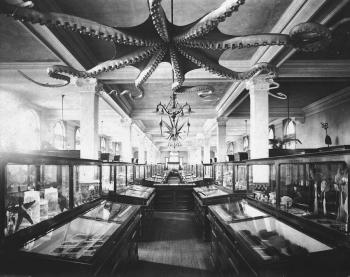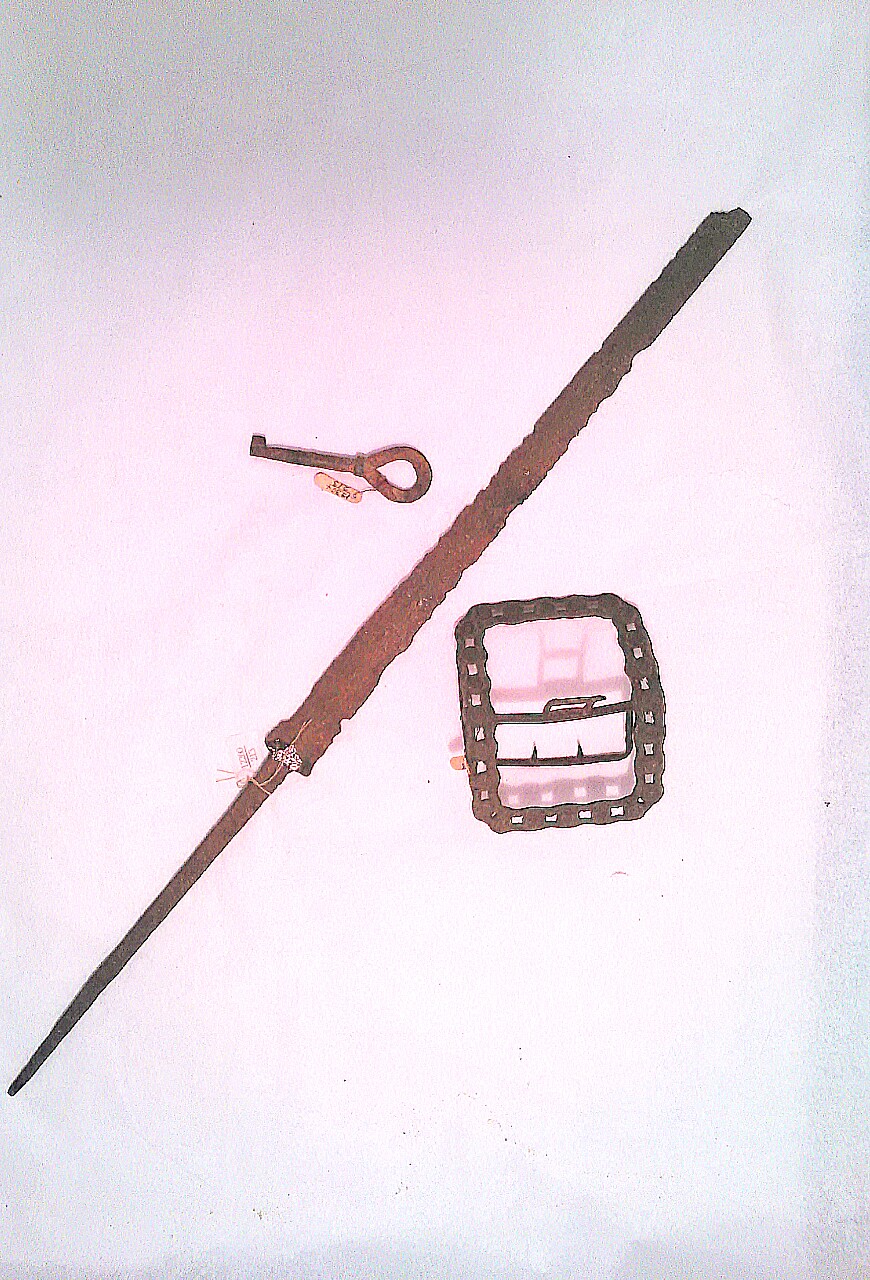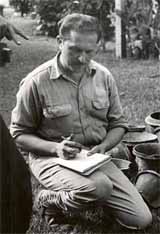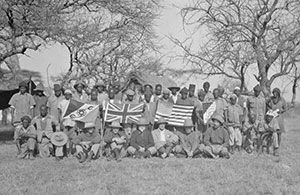Planetarium Newsletter - May 2023
Cosmic Curiosities
“At night in this waterless air, the stars come down just out of reach of your fingers.”
- John Steinbeck, American Writer
“At night in this waterless air, the stars come down just out of reach of your fingers.”
- John Steinbeck, American Writer
 Current collection counts are based on inventories of prime collections (firearms, business machines, textiles, etc.), high number counts for individual catalogue series, and estimates for items catalogued in the Anthropology ledgers.
Current collection counts are based on inventories of prime collections (firearms, business machines, textiles, etc.), high number counts for individual catalogue series, and estimates for items catalogued in the Anthropology ledgers.
 Although it was officially chartered in 1882, its existence can be traced back to 1851, to the founding of the German-English Academy in Milwaukee. The Academy's principal, Peter Engelmann, encouraged student field trips, many of which collected various specimens—organic, geological, and archaeological in nature—which were kept at the Academy.
Although it was officially chartered in 1882, its existence can be traced back to 1851, to the founding of the German-English Academy in Milwaukee. The Academy's principal, Peter Engelmann, encouraged student field trips, many of which collected various specimens—organic, geological, and archaeological in nature—which were kept at the Academy.
Adamson, Joy. The Peoples of Kenya. New York, NY: Harcourt, Brace, and World, Inc., 1967.
Appiah, Kwame Anthony and Henry Louis Gates, Jr., eds. Africana: The Encyclopedia of the African and African American Experience. New York, NY: Basic Civitas Books, 1999.
Barrett, Samuel A. and Ira Edwards, eds. Yearbook of the Public Museum of the City of Milwaukee 1928: the Cudahy-Massee-Milwaukee Public Museum African Expedition, 1928-29. Milwaukee, WI: North American Press, 1930.

Although the objects are quite varied they share a common thread of utility and date between the 5th and 14th centuries C.E.
Women’s Work: The WPA Milwaukee Handicraft Project
By Jacqueline M. Schweitzer, Honorary Curator of American History


Suddenly, it began to rain maple syrup, not sap, right on top of him. Wenebojo got a birchbark tray and held it out to catch the syrup. He said to himself, “This is too easy for the Indians to have the syrup just rain down like this.” So he threw the syrup away and decided that before they could have the syrup, the Indians would have to give a feast, offer tobacco, speak to the manido, and put out some birchbark trays.
The German state covered a large geographic area but for most of its early history it was subdivided into various tribal territories that eventually formed into competing principalities of feudal lords who were all under one ruler. Various dialects of the German language helped to form a German culture and forged ethnic connections with Slavic and Baltic groups as well as imperial alliances with Italy and the Germanic-speaking areas of modern Austria and Poland.